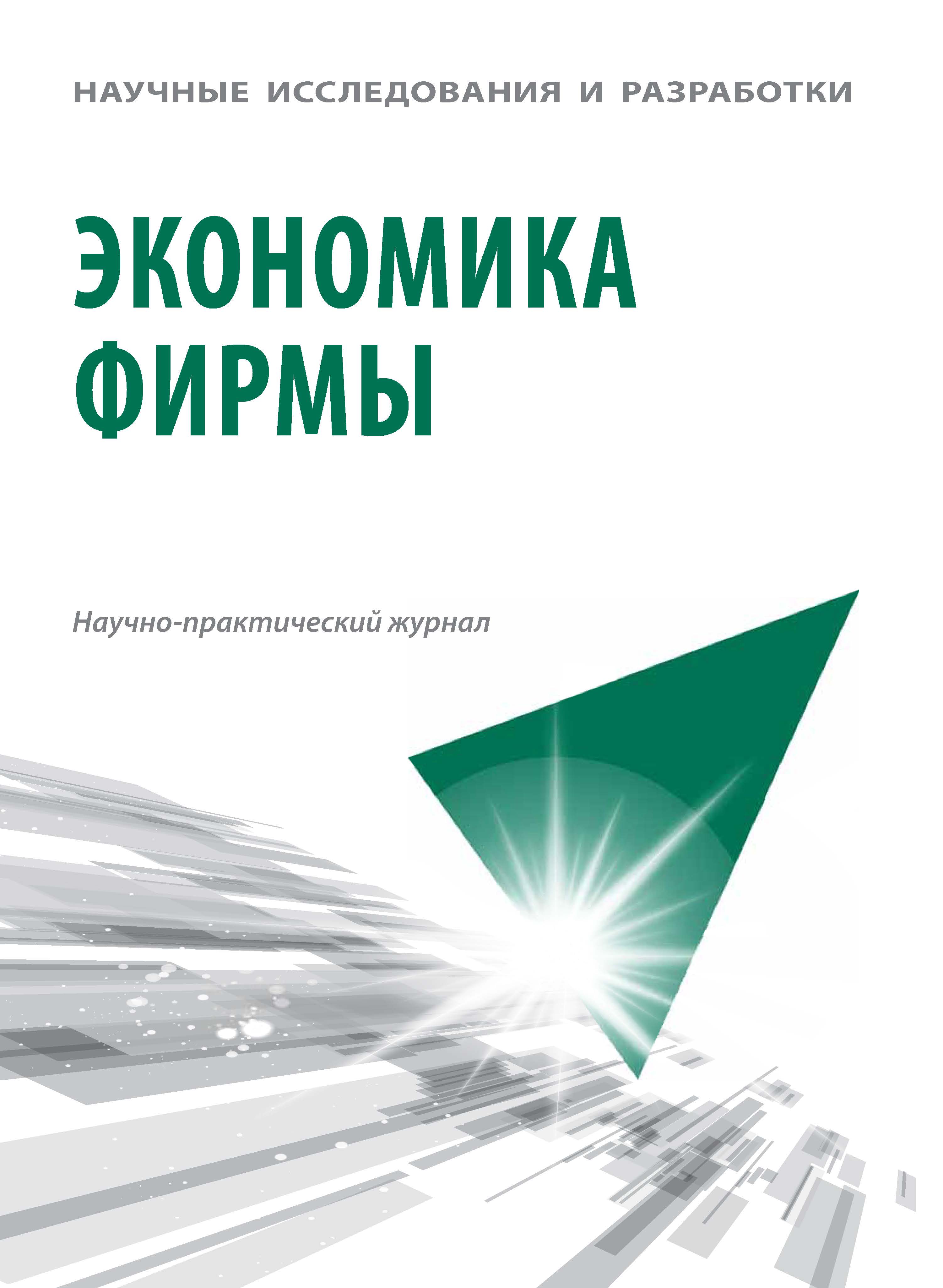Currently, scientific and educational consortia are becoming increasingly popular forms of collective action in the field of science and education. They are turning from static structures into dynamic communities that have a high degree of flexibility and are able to quickly respond to new challenges and trends. Consortia bring together universities, research centers, companies and other organizations in order to jointly perform scientific and educational tasks, exchange information and resources. Using their capabilities, such groups can achieve great results that are not available to one person or one organization. In science and education, various models of cooperation are used, which contribute to the creation of scientific and educational consortia. By a decree of the Russian government dated May 13, 2021, the Priority 2030 Strategic Academic Leadership program was adopted, which is aimed at supporting universities and stimulating their participation in achieving the national development goals of the country. Consortia are an important mechanism for the implementation of this program. The strategic academic Leadership program "Priority 2030" has become an important incentive for the development of consortia in the field of education and increased funding for universities. According to the data of form VPO-2, reviewed in this article, there has been an increase in the volume of cash receipts since 2021. The analysis of the main advantages of Scientific and Educational consortia shows that consortia allow solving complex tasks that are inaccessible to one scientist or educational institution. In addition, consortia ensure efficient use of resources, which is especially important in conditions of limited budgets.
scientific and educational consortium, priority, grant, funding, indicator
1. Postanovlenie Pravitel'stva Rossiyskoy Federacii ot 30 aprelya 2019 g. № 538 «O merah gosudarstvennoy podderzhki sozdaniya i razvitiya nauchnyh centrov mirovogo urovnya».
2. Postanovlenie Pravitel'stva Rossiyskoy Federacii ot 16 oktyabrya 2017 g. № 1251 «Ob utverzhdenii Pravil predostavleniya subsidii iz federal'nogo byudzheta na okazanie gosudarstvennoy podderzhki centrov Nacional'noy tehnologicheskoy iniciativy na baze obrazovatel'nyh organizaciy vysshego obrazovaniya i nauchnyh organizaciy i Polozheniya o provedenii konkursnogo otbora na predostavlenie grantov na gosudarstvennuyu podderzhku centrov Nacional'noy tehnologicheskoy iniciativy na baze obrazovatel'nyh organizaciy vysshego obrazovaniya i nauchnyh organizaciy».
3. Postanovlenie Pravitel'stva Rossiyskoy Federacii ot 13 maya 2021 g. № 729 «O merah po realizacii programmy strategicheskogo akademicheskogo liderstva «Prioritet-2030».
4. Prikaz Ministerstva nauki i vysshego obrazovaniya Rossiyskoy Federacii ot 31.05.2021 № 432 «Ob utverzhdenii perechnya celevyh pokazateley effektivnosti realizacii programm razvitiya obrazovatel'nyh organizaciy vysshego obrazovaniya, kotorym predostavlyaetsya podderzhka v ramkah programmy strategicheskogo akademicheskogo liderstva «Prioritet 2030»‚ i metodik ih rascheta».
5. Otchet o realizacii programmy strategicheskogo akademicheskogo liderstva «Prioritet 2030» v 2022 godu [Elektronnyy resurs]. — URL: https://priority2030.ru/ upload/iblock/16c/g2urr00vu0mv120bx1uauwdms4cbp5wh/ Broshyura-Prioritet-2030.pdf (data obrascheniya: 11.10.2023).
6. Anohova E.V. Nauchno-obrazovatel'nye kollaboracii kak instrument povysheniya konkurentosposobnosti rossiyskih vuzov [Tekst] / E.V. Anohova, D.A. Shtyhno // Otkrytoe obrazovanie. — 2021. — T 25. — № 2. — S. 4–12. DOI: https://doi.org/10.21686/1818-4243-2021-2-4-14; EDN: https://elibrary.ru/QKWWWC
7. Belyaeva G.S. Konsorciumy v vysshem obrazovanii: mezhdunarodno-pravovoe regulirovanie, problemy i perspektivy funkcionirovaniya [Tekst] / G.S. Belyaeva, A.V. Podol'skiy // Mezhdunarodnoe pravo; Evropeyskoe pravo [Elektronnyy resurs]. — URL: https://cyberleninka. ru/article/n/konsortsiumy-v-vysshem-obrazovanii-mezhdunarodno-pravovoe-regulirovanie-problemy-i-perspektivy-funktsionirovaniya/viewer/ — S. 114–119.
8. Zernov V.A. Buduschee nauki i obrazovaniya — za setevymi nauchno-obrazovatel'nymi konsorciumami [Tekst] / V.A. Zernov, V.A. Minaev // Rossiyskiy novyy universitet. — Vzglyad vpered [Elektronnyy resurs]. — URL: https://cyberleninka.ru/article/n/buduschee-nauki-iobrazovaniya-za-setevymi-nauchno-obrazovatelnymikonsortsiumami/viewer
9. Forma № VPO-2 «Svedeniya o material'no-tehnicheskoy i informacionnoy baze, finansovo-ekonomicheskoy deyatel'nosti obrazovatel'noy organizacii vysshego obrazovaniya» [Elektronnyy resurs]. — URL: https:// minobrnauki.gov.ru/action/stat/highed (data obrascheniya:07.09.2023)






